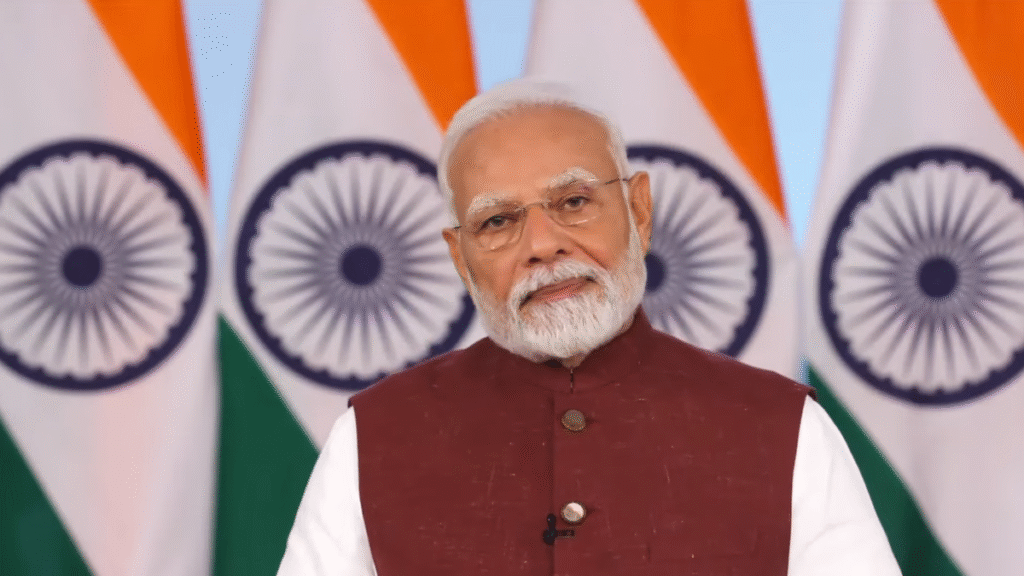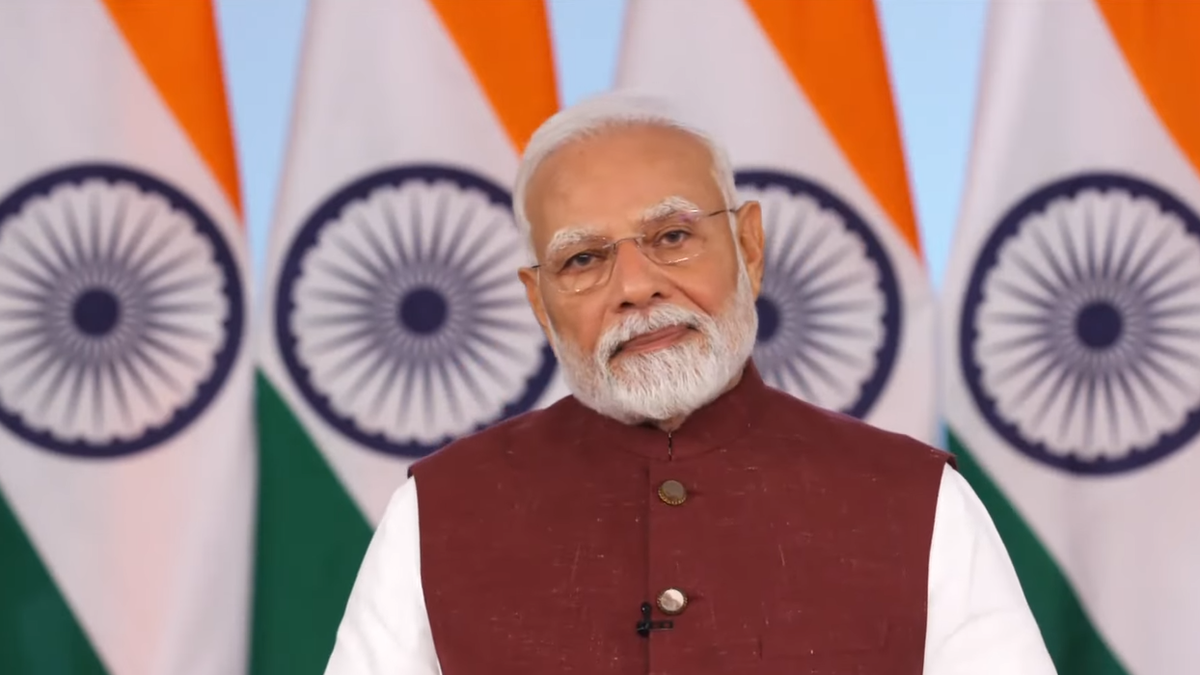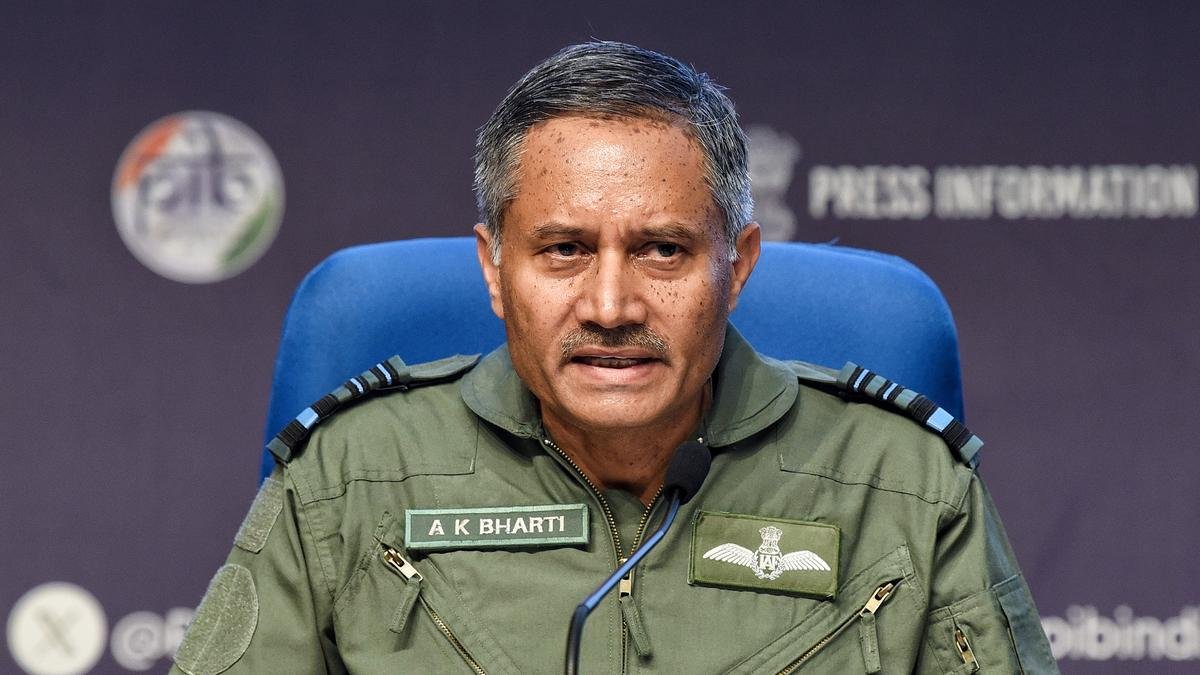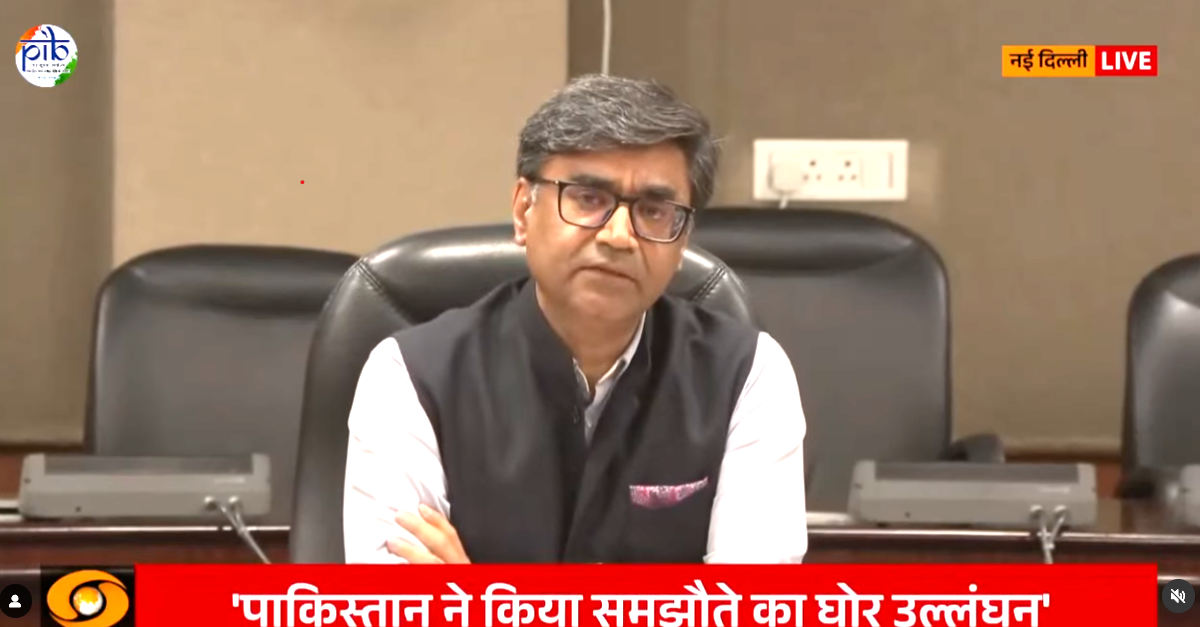
In a moment that gripped the entire nation, Prime Minister Narendra Modi addressed the country on Monday, May 12, 2025, breaking his silence for the first time since the launch of Operation Sindoor. This bold and decisive operation, launched in response to the brutal Pahalgam terror attack, has been hailed across the country as a show of India’s strength, resilience, and unity.
With emotion-laced words and a steely tone, PM Modi dedicated the success of Operation Sindoor to the “mothers, sisters, and daughters of the nation,” calling it a tribute to their strength and sacrifice. “This pain was personal,” the Prime Minister said, evoking a sense of shared national grief and pride. “We have shown the world what happens when the sindoor – the symbol of dignity for our women – is targeted.”
The Prime Minister’s address followed a tense and action-packed week. On May 7, India launched targeted precision strikes on terror camps in Pakistan and Pakistan-Occupied Jammu and Kashmir (PoJK), eliminating more than 100 terrorists in a swift and coordinated assault. These strikes were a direct response to the Pahalgam terror attack, which shocked the nation and led to unprecedented public outrage.
As expected, Pakistan responded with aggression, but the Indian Armed Forces were more than ready. Not only did Indian troops successfully repel the retaliation, they also delivered crushing blows to key Pakistani airbases. India’s air defence systems stood strong, preventing any significant damage, showcasing the preparedness and resolve of the country’s military infrastructure.
Earlier on Monday, a rare joint press conference was held by the top brass of India’s military leadership. Army DGMO Lt Gen Rajiv Ghai, Air Marshal AK Bharti, and Vice Admiral AN Pramod appeared together to brief the nation. They underscored India’s impregnable air and ground defence mechanisms and assured citizens that every base and military system was fully operational and ready for any future mission.
Interestingly, Monday night brought a long-awaited calm across Jammu & Kashmir and other sensitive areas along the International Border. It marked the first peaceful night in several days of heightened military activity. The Indian Army confirmed there were no fresh incidents, suggesting a positive turn after three days of intense hostilities.
Adding a significant diplomatic dimension to the developments, India and Pakistan’s Director Generals of Military Operations (DGMOs) held hotline talks on Monday. The conversation was previously scheduled and happened as planned at 12 noon. This came shortly after External Affairs Minister S. Jaishankar announced an “understanding” between both sides to cease further military action and firing.
But the message from India remains clear—terrorism will not be tolerated. The Indus Waters Treaty, a long-standing agreement between the two countries, has been suspended as part of India’s tough stance. This symbolic yet strategic move underscores the shift in India’s approach toward cross-border terrorism and diplomatic engagement with Pakistan.
Prime Minister Modi emphasized that the armed forces were given complete autonomy to carry out Operation Sindoor, signaling a shift from restraint to resolve. “We have demonstrated both our power and our patience,” he declared, saluting not just the bravery of soldiers, but also the silent strength of the families behind them.
India now stands at a pivotal moment, having sent a loud and clear message—not just to Pakistan, but to the world—that attacks on its soil, especially those that target its citizens and women, will be met with unprecedented consequences.
As the nation begins to heal, the spirit of unity and the pride in its armed forces remain stronger than ever.





